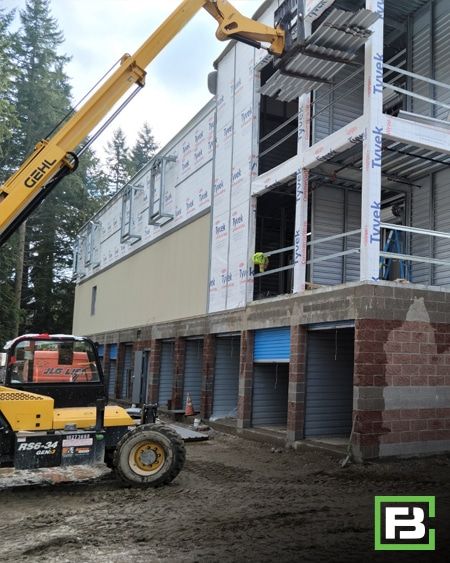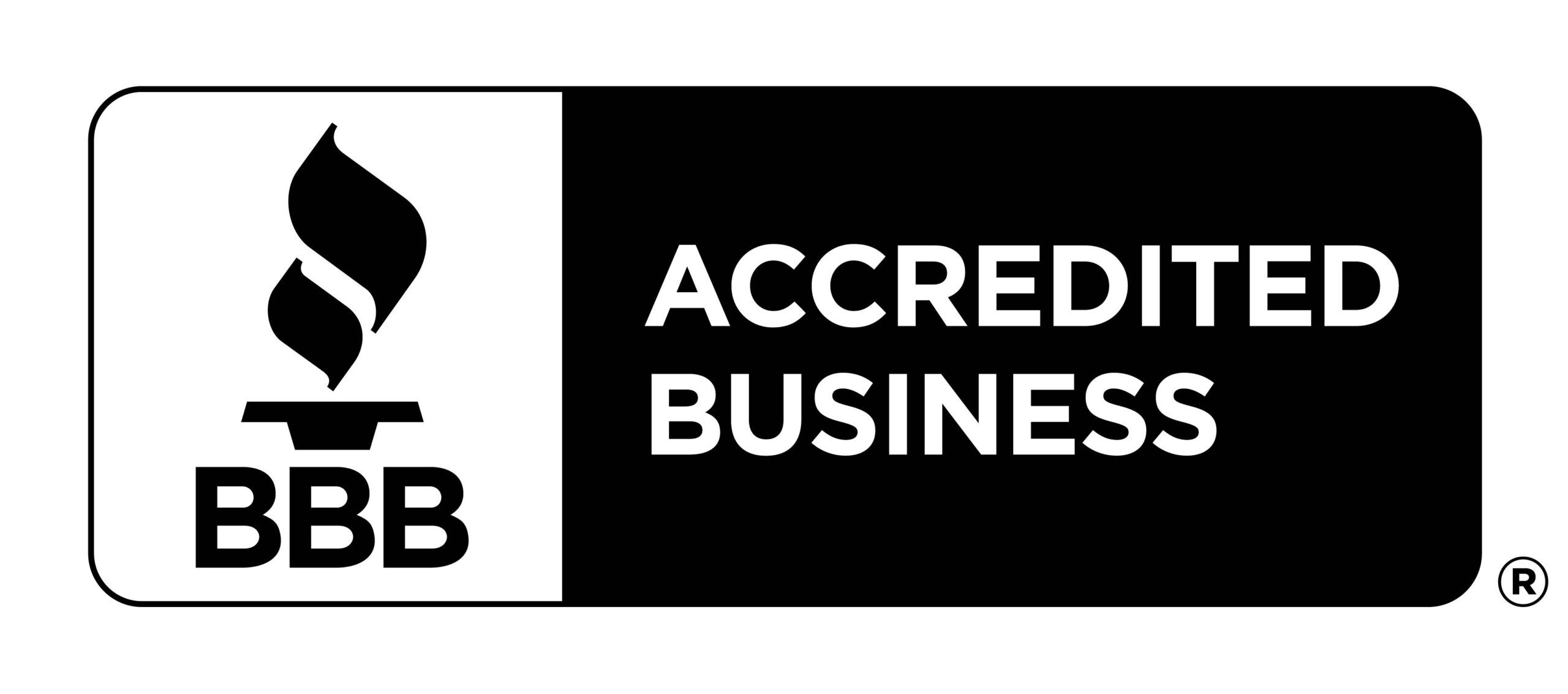Menu

As 2022 winds down, the team at Forge wanted to make our clients aware of new laws that will go into effect in the new year that may impact their business. Many states have been busy updating self storage legislation this year. This affects the way facility owners handle lien sales, rental agreements, vehicle towing, employees, ADA compliance on websites, and more. Here are just a few.
Last year, at least 13 states modified some portion of their self storage statutes that address one or more of the following items.1 This will likely hold true for 2023.
The safest way to protect yourself and your business is to compare your lien-sale procedures and rental agreement against the current law to ensure any necessary language additions or removals have been made. As an example, some states allow self storage operators to send lien notices via email, however, they may also require some sort of formal disclosure and acknowledgement by the tenant before you can legally send notices that way. Another example is when states allow you to use online auctions for lien sales, they may require additional language in your rental agreement or sale notice, so tenants understand sales are no longer conducted on property.
 Recently, there has been a significant increase in website accessibility where plaintiffs claim that they cannot access websites because they are incompatible with assistive technologies. In such cases, plaintiffs usually cite American with Disabilities (ADA) Title III violations.
Recently, there has been a significant increase in website accessibility where plaintiffs claim that they cannot access websites because they are incompatible with assistive technologies. In such cases, plaintiffs usually cite American with Disabilities (ADA) Title III violations.
Ironically, websites are covered by the ADA. The U.S. Department of Justice has interpreted Title III of the ADA to include websites as places of public accommodation, while Title I requires employers with 15 or more employees to comply. A website that is fully accessible is not at risk of receiving a demand letter claiming ADA violations.2
US Courts and the Department of Justice have cited the Web Content Accessibility Guidelines or WCAG 2.0 (Level AA) as the reference in lawsuits as the standard for website accessibility – and therefore ADA compliance.3
Who is covered by the Americans with Disabilities Act?
ADA compliance refers to WCAG compliance, a way of designing websites, tools, and technologies so that everyone, including people with disabilities, can use them as easily as possible. These take into consideration those with different types of disabilities such as:
How can you avoid legal risk? There are two main steps:
1 Check your level of compliance by performing an accessibility audit of your website usage.
2 Install a high-level web accessibility solution on to your website.
How Does This Help the User Experience?
The nature of accessible web design allows content to be shared across a variety of devices. This in turn ensures that every web user benefits from accessibility considerations.
As a matter of fact, one billion people globally have some kind of disability. This population has a spending power of more than $6 trillion. Statistics have shown that 80% of people with a disability will take their business elsewhere because of poor web accessibility.4 By building an accessible website, you are widening your audience and increasing your prospective clients.
 Labor and Employment Bills
Labor and Employment BillsAs we turn the calendar, you also need to be aware of many new labor and employment bills that will go into effect.5 For specifics, check with your state law details. These include:
When concerned about new laws, legislative updates, and compliance, please make sure that you are looking beyond your state’s self storage statute. Those statutes do not necessarily contain all regulations that pertain to your business.
One example is with the sale of tenant insurance. These provisions are normally placed in the state’s insurance statutes. In states like New York, the lien-sale advertising requirement can be found in a different section of the state statutes. Other laws in the various states control things such as what you are able to charge a tenant for submitting a bad check as payment.
These are just a few of the new laws that the team at Forge is aware of. Of course, any time you have questions or concerns, it is best to contact your attorney to ensure you are aware of the latest and most important statutory developments. This will help protect your self storage business and keep it in compliance with the current laws.
Works Cited
1. Greenberger, J. (2021, October 22). Inside Self Storage. Retrieved from InsideSelfStorage.com: https://www.insideselfstorage.com/legal/what-you-need-know-about-recent-changes-state-self-storage-legislation
2. Ronen, R. (2022, January 21). Forbes. Retrieved from Forbes.com: https://www.forbes.com/sites/forbesbusinesscouncil/2022/01/21/ada-compliance-for-websites-getting-it-right/?sh=386010f148c0
3. Siteimprove. (2022). Retrieved from Siteimprove.com: https://www.siteimprove.com/glossary/ada-compliance-checker/?utm_campaign=us_fy20_ppc_accessibility_bing&utm_medium=ppc&utm_source=bing&utm_content=ada-requirements&tad_id=84250407544633&adgroup_id=1348002241464864&campaign_id=413363497&msclkid=79f79cda3d
4. Michelle Yin, D. S.-M. (2018, April 17). AIR. Retrieved from air.org: https://www.air.org/resource/report/hidden-market-purchasing-power-working-age-adults-disabilities
5. California Employers Association. (n.d.). Retrieved from Employers.org: https://www.employers.org/events/private-webinars/2023-labor-law-update-sponsored-by-california-self-storage-association/01/26/2023/
